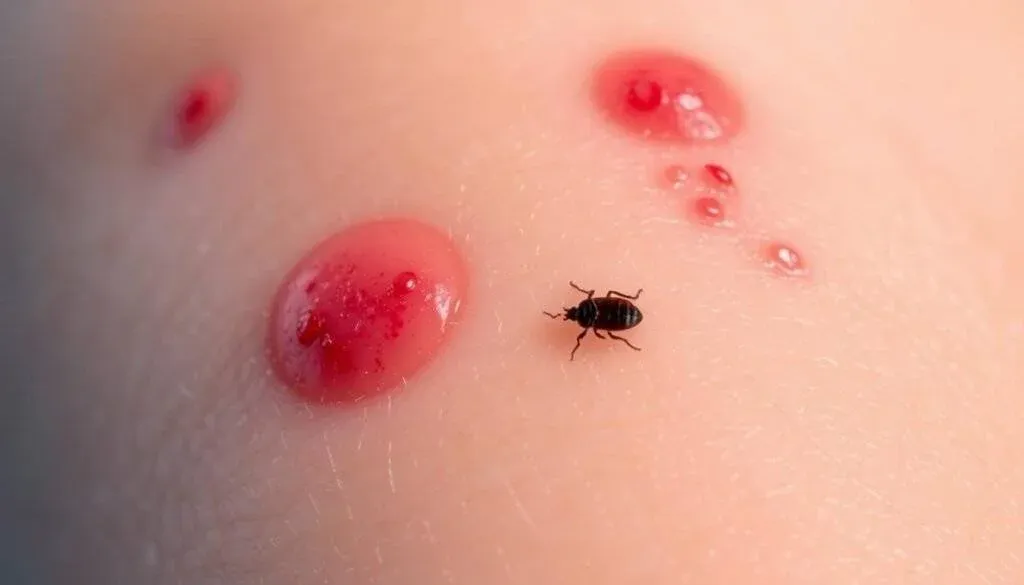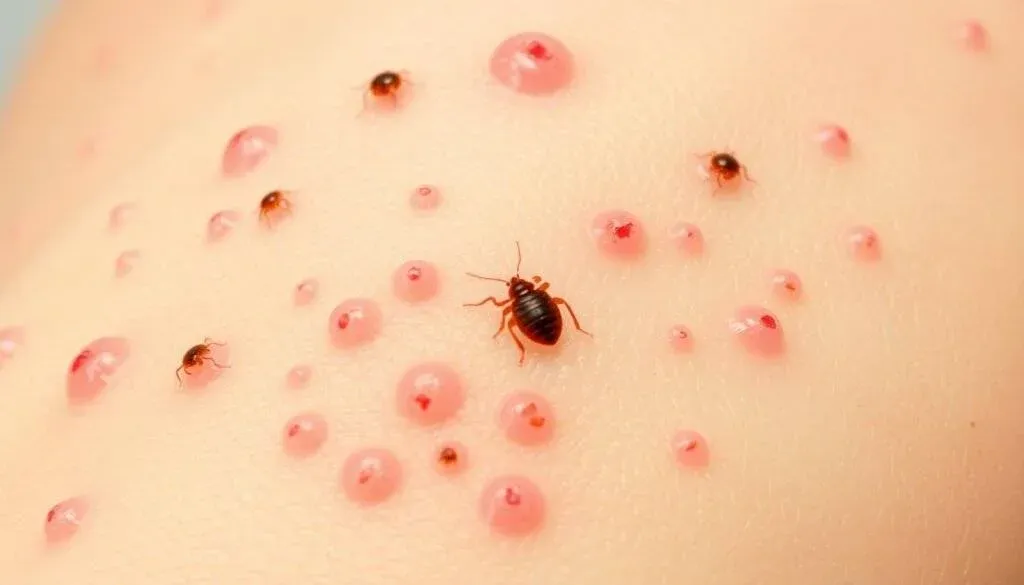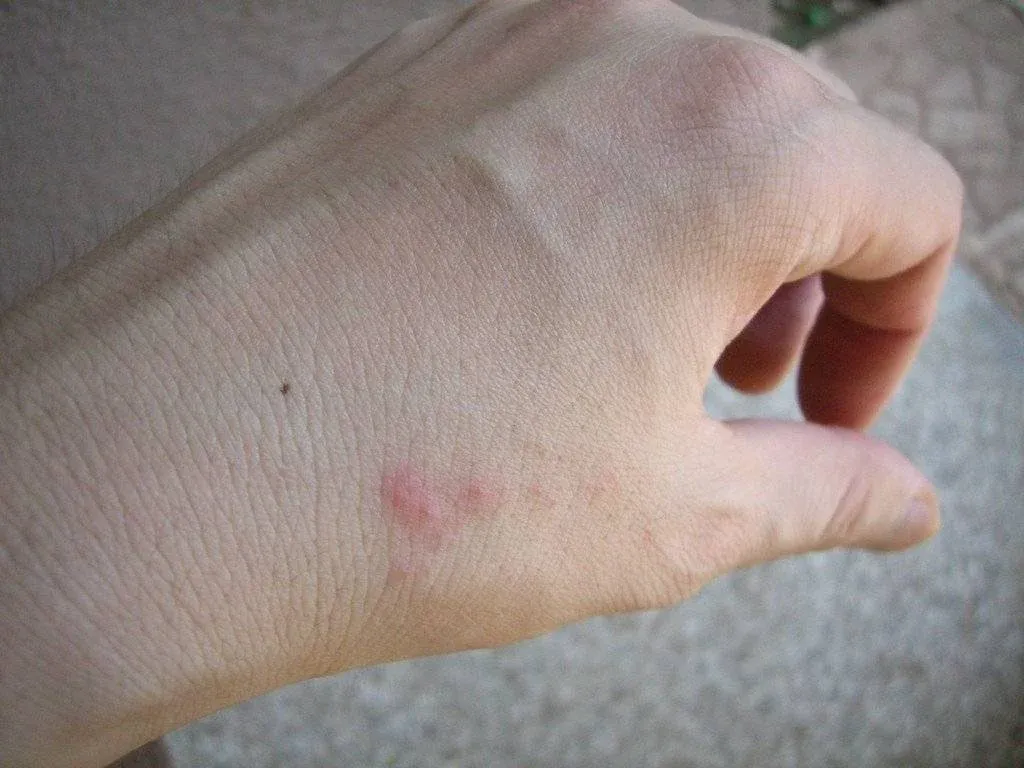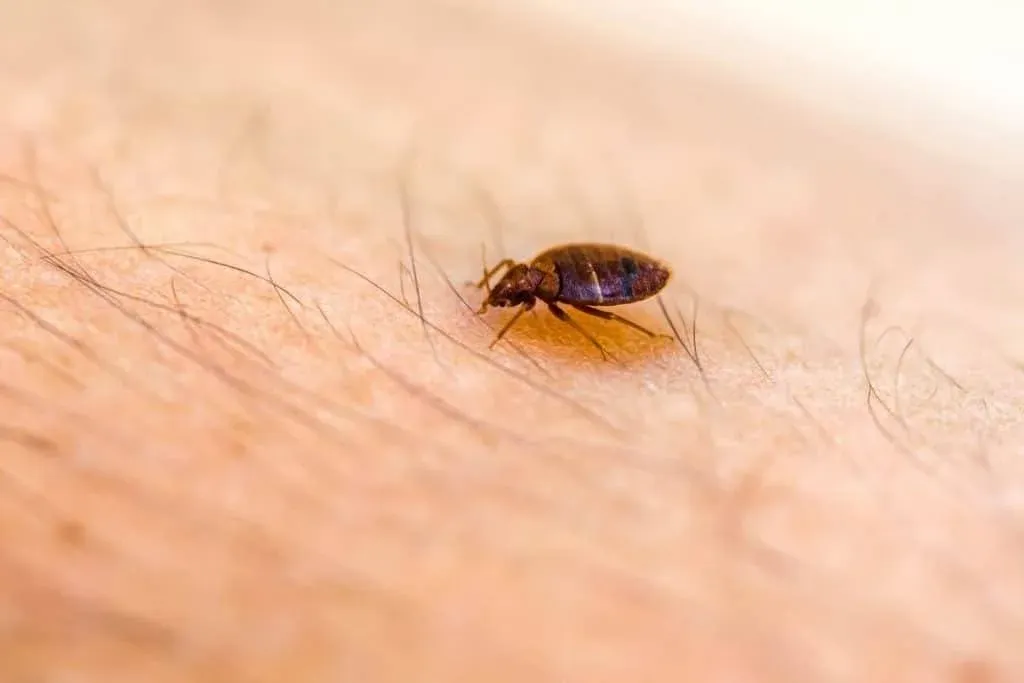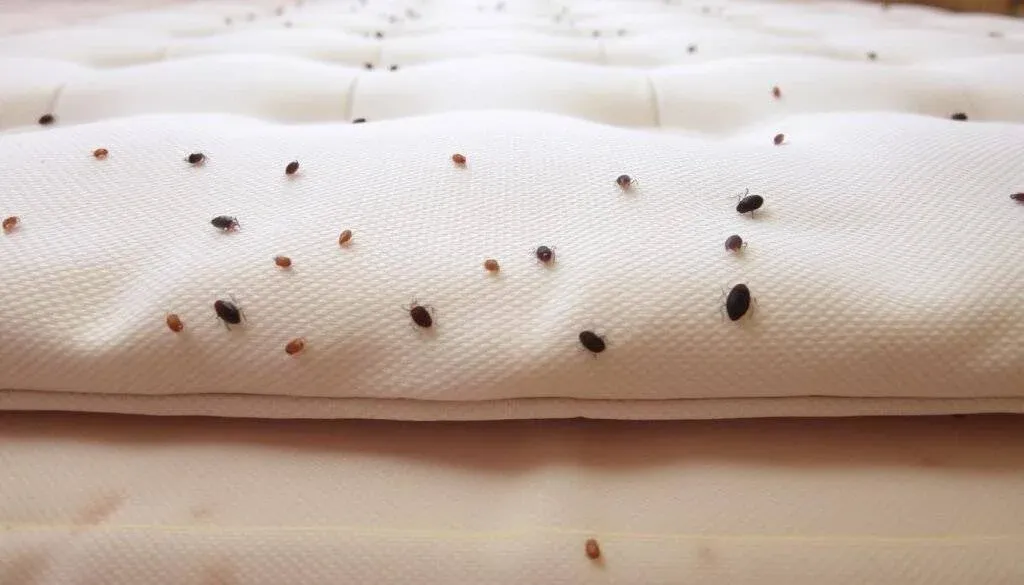Bed bugs are a nuisance in homes, and while most people associate them with humans, pets are not completely safe either. Dogs, cats, and even smaller animals may experience itching and irritation from these pests. Many pet owners want to know how to identify and treat bed bug bites on pets quickly. This guide will walk you through symptoms, treatments, and preventive strategies to protect your furry companions.
Can Pets Get Bed Bug Bites?
Yes, pets can get bitten. Bed bugs prefer human blood, but in the absence of people, they will feed on animals. Unlike fleas or ticks, they don’t live on pets. Instead, they hide in bedding, furniture, or carpets and bite during the night. This is why identifying bed bug bites on pets can sometimes be tricky.
Symptoms of Bed Bug Bites on Pets
Recognizing the signs early helps you take quick action. Common symptoms include:
Small red bumps or raised welts on the skin.
Excessive scratching, licking, or chewing at certain areas.
Restlessness or difficulty sleeping.
Hair loss in patches due to constant itching.
Tiny blood spots on pet bedding (from bites).
If your dog or cat shows these symptoms, they may be experiencing bed bug bites on pets, and immediate care is important.
How to Confirm Bed Bug Bites on Pets
Since fleas, ticks, and allergies can look similar, it’s important to confirm whether you’re dealing with bed bugs. Check for:
Bed bug shells or exoskeletons in pet bedding.
Small reddish-brown insects hiding in mattress seams or furniture.
Tiny dark fecal spots near where your pet sleeps.
If these signs are present, you’re likely dealing with bed bug bites on pets rather than flea or tick issues.
Treating Bed Bug Bites on Pets
Once you’re sure, treatment should focus on both soothing your pet’s discomfort and eliminating the infestation. Here are effective steps:
1. Soothe Itching and Irritation
Use vet-approved anti-itch sprays or creams.
Apply a cool compress to affected areas.
Oatmeal baths can calm inflamed skin.
2. Prevent Infection
Pets often scratch excessively, which can lead to open wounds. Clean bites gently with mild antiseptic solutions to reduce infection risk.
3. Consult a Veterinarian
If symptoms are severe, your vet may prescribe antihistamines, antibiotics, or medicated shampoos for relief. This ensures proper treatment of bed bug bites on pets without risking further complications.
Home Remedies for Mild Cases
For mild irritation, natural remedies can provide comfort:
Aloe Vera (pet-safe gel only) – Soothes itching.
Coconut Oil – Acts as a natural skin barrier.
Chamomile Tea Compress – Reduces redness and irritation.
Always make sure any remedy is safe for pets before applying it to bed bug bites on pets.
Preventing Bed Bug Bites on Pets
Long-term prevention is key. Here’s how to stop future issues:
Wash all pet bedding in hot water weekly.
Vacuum carpets, rugs, and furniture thoroughly.
Use bed bug-proof covers for mattresses and pet beds.
Keep your pet’s sleeping area clean and clutter-free.
Consider professional pest control if the infestation is large.
By removing hiding spots, you reduce the risk of bed bug bites on pets and ensure your furry friend stays comfortable.
Difference Between Bed Bug Bites and Flea Bites on Pets
Pet owners often confuse the two. Here’s a quick comparison:
Bed Bug Bites – Usually appear in clusters or straight lines, often at night.
Flea Bites – Scattered, very itchy, and often concentrated around the tail, belly, and legs.
Knowing the difference ensures you treat bed bug bites correctly instead of mistaking them for fleas.
When to Seek Veterinary Help
Most bites heal naturally in one to two weeks. However, consult your vet if:
Your pet shows signs of infection (pus, swelling, bleeding).
Itching becomes severe and constant.
There are allergic reactions like breathing issues or swelling.
In such cases, home remedies for bed bug bites may not be enough, and medical treatment becomes necessary.
Final Thoughts
Bed bugs are frustrating for both humans and pets. While they don’t carry diseases, they can cause discomfort, stress, and skin irritation in animals. Knowing how to recognize and treat bed bug bites is essential for keeping your furry companions healthy. Combine treatment with preventive measures to ensure long-term relief and a bug-free home.


